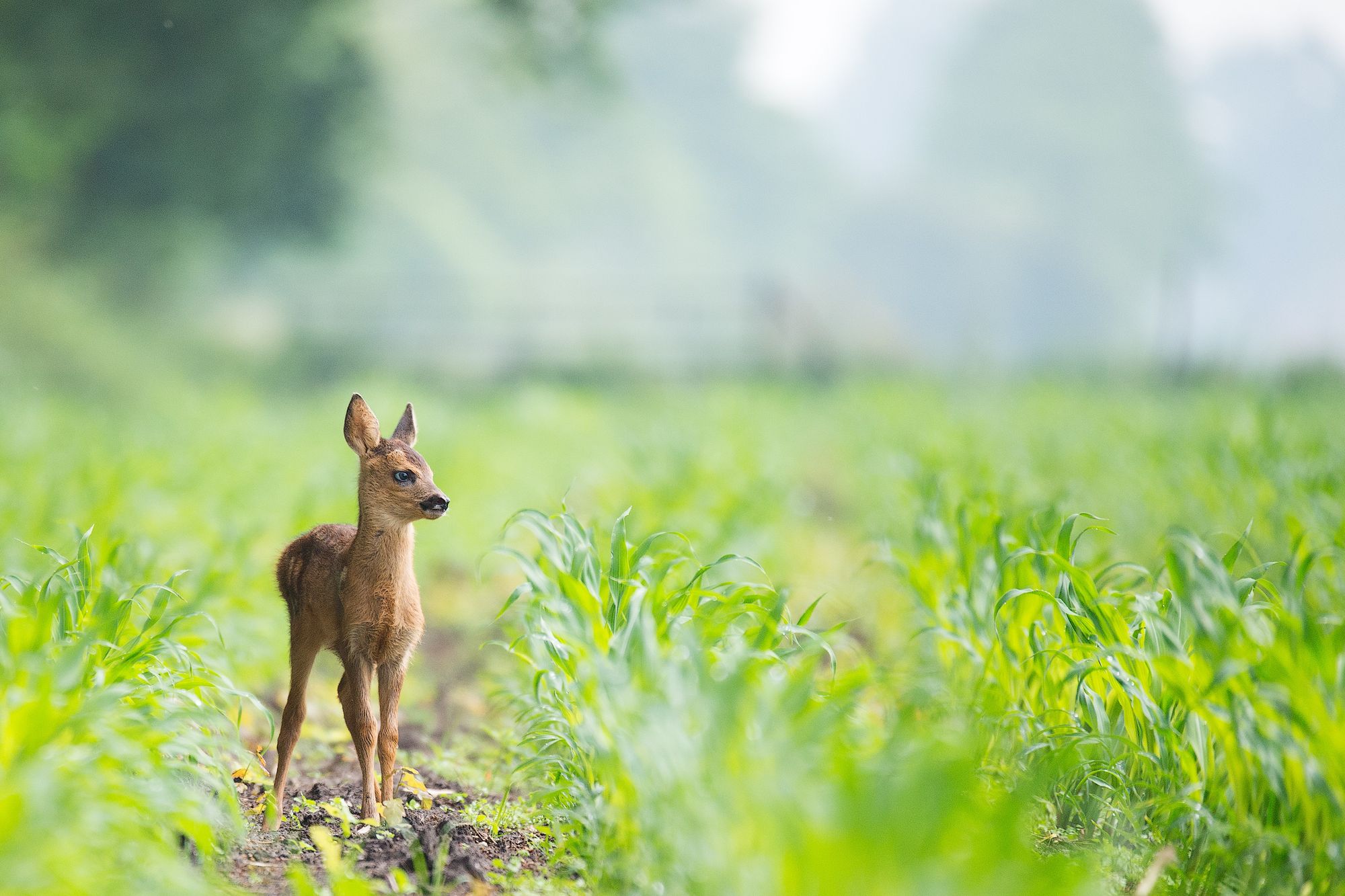Vulnerability Gamble

Can you recall the last time you were vulnerable with someone? You were about to spell out your truth. You felt your stomach tumbling. You began blushing. You felt like a newborn baby animal left on the wild field, raw and fragile. You knew you might hurt them or you might get hurt. Yet you knew you had to share your truth. You are about to make what I call a vulnerability gamble.
You are making a vulnerability gamble when you tell someone you don’t love them anymore. It’s when you hear the vibration of your phone after you finally text someone you love them. It’s the click sound of the mouse when you hit publish and reveal your inner world to a community of strangers. It feels like walking in the crowd naked.

It is a gamble because there are risks. For me, a vulnerability gamble is knowing the risks, I still take actions that are aligned with my values. I hope for the best, but the result is unpredictable. The greater vulnerability I show, the more I might lose. Once, I exposed my vulnerability to someone I loved. His reply: “I never wanted your honesty.” Our relationship ended. Taking that risk was worth it. It provided me clarity on a painful truth: I gave myself up to someone who never appreciated me.
Yes, you might lose someone if you take a vulnerability gamble. But the opposite is also true. The greater vulnerability, the higher rewards. These rewards can spark a different way of being in this world. I made a gamble to show the real me on a first date. I stopped pretending. He fell in love with me for who I was. I won myself a lifelong relationship. Once I felt how freeing it was to be true to myself, I was incentivized to keep gambling.
“I don’t want to lose anything. It feels safe to remain in the status quo,” you say.
But the poet David Whyte would tell you that vulnerability is not a choice. It’s not something we can do without. As he writes, “to run from vulnerability is to run from the essence of our nature, the attempt to be invulnerable is the vain attempt to become something we are not.”
Being vulnerable is risky, but have you considered the cost of inaction? What will you lose by avoiding difficult conversations? Will you be able to tolerate the person you become if you don’t take the uncomfortable but necessary actions? Will you be at the end of your life regretting not telling the truth that can spark a life that thrives? And could it be that the necessary loss in the gamble can be a reward in itself?
You can never predict what will happen after you reveal your truth. You might lose something but you will win a truthful life without regret. Being vulnerable is the only way to live. And taking the risk of vulnerability gamble is the only choice.